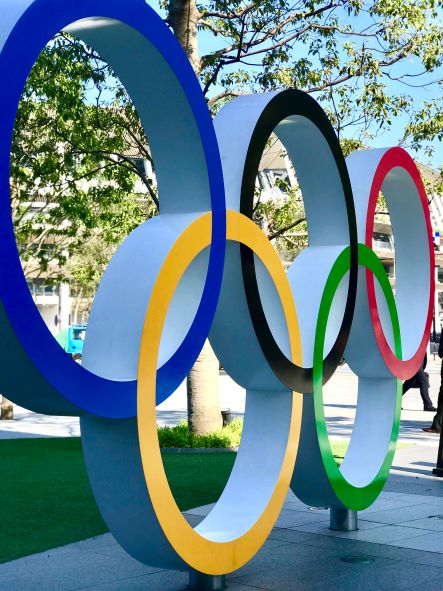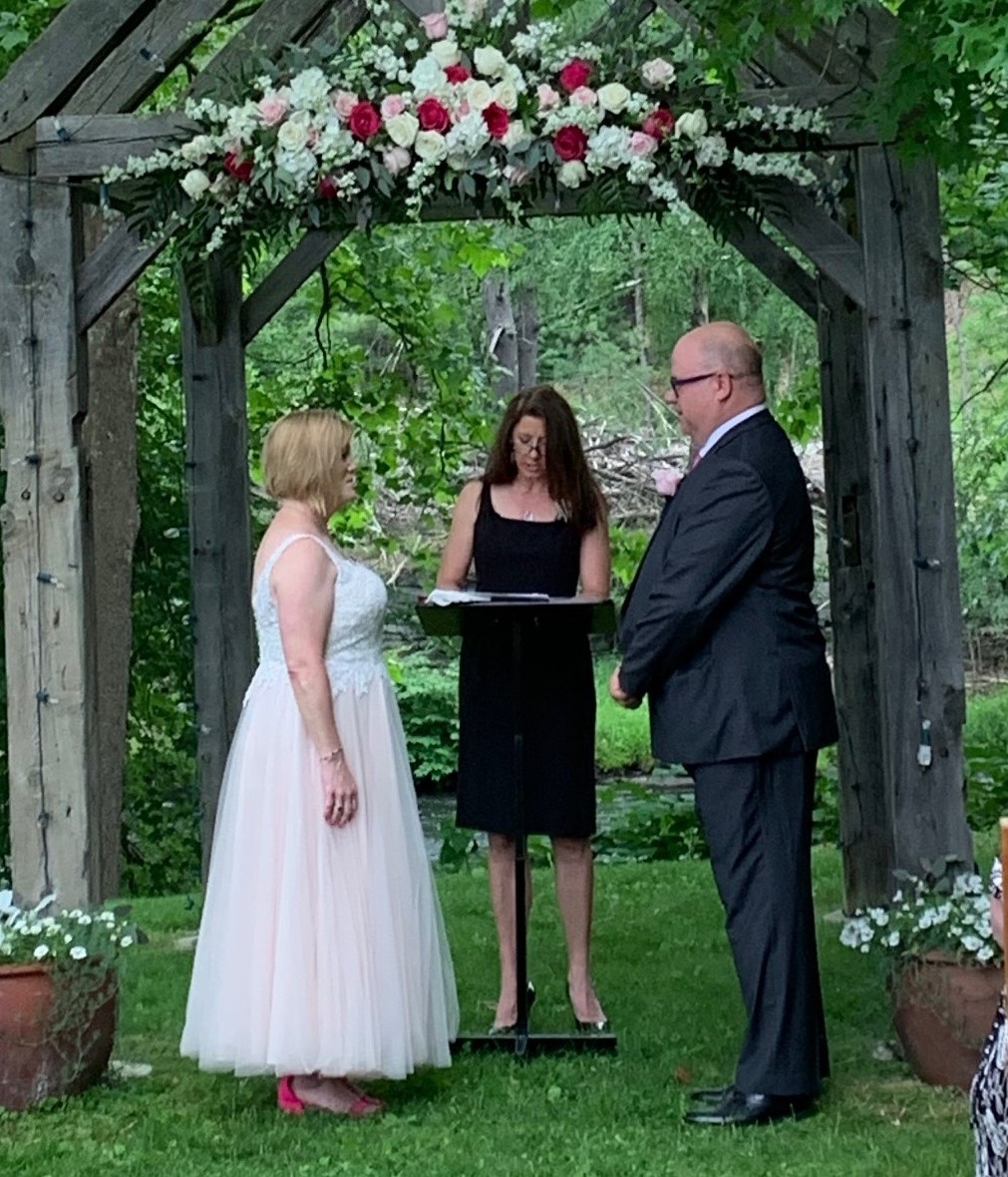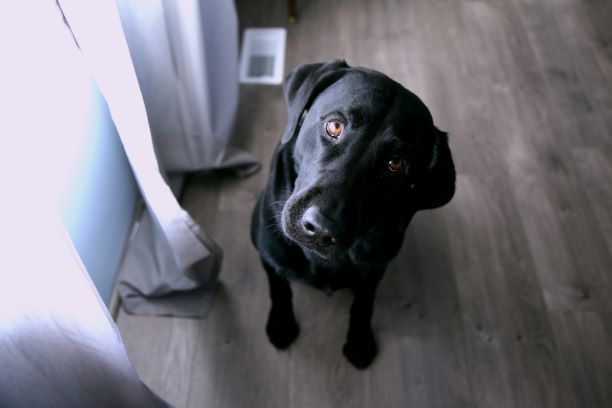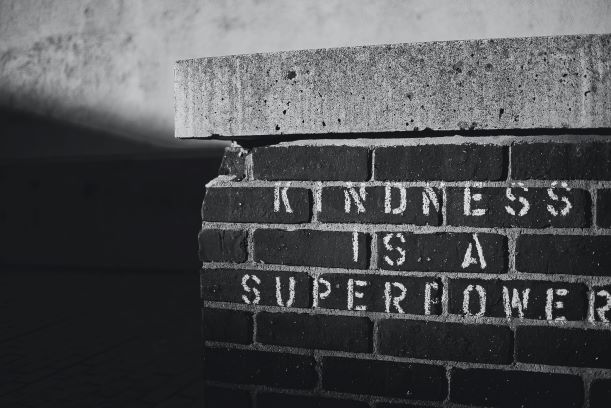
[Flash] Standing Man
|
In the movie Bridge of Spies, Tom Hanks plays James Donovan, an attorney appointed to represent Rudolf Abel, accused of spying for the Soviet Union.
Abel was convicted, and the CIA harassed Donovan to breach attorney-client privilege by revealing his conversations with Abel, which he refused to do. In one scene with Donovan, Abel reflected: “You remind me of the man that used to come to our house when I was young.” Abel continued, “This one time, I was at the age of your son, our house was overrun by partisan border guards. Dozens of them. My father was beaten, my mother was beaten, and this man, my father’s friend, he was beaten. “And I watched this man. Every time they hit him, he stood back up again. So they hit him harder. Still, he got back to his feet. I think because of this, they stopped the beating. They let him live. “‘Stoikiy muzhik,’ I remember them saying. ‘Stoikiy muzhik.’ Which sort of means, ‘standing man’…” I frequently hear people complain about the lack of accountability in their organizations. But I rarely hear people talk about their own accountability. Unfortunately, the word “accountability” has become loaded with confusion and a predisposition to indict. Dissected, it means able to account; willing to accept responsibility without condemning others; and owning one’s actions… regardless of circumstances, Standing Man. He did not succumb to his situation. He did not blame or justify inaction with excuses. Standing Man accepted responsibility for his own actions despite the actions of the patrol guards. He persevered. Arguably, work would work better if we were among Standing Men (and Women). If everyone else would just be accountable… But that’s the paradox of accountability.
To embolden the Standing Man, we must first be the Standing Man. onward, © 2021. Ann Tardy and MentorLead. www.mentorlead.com |







